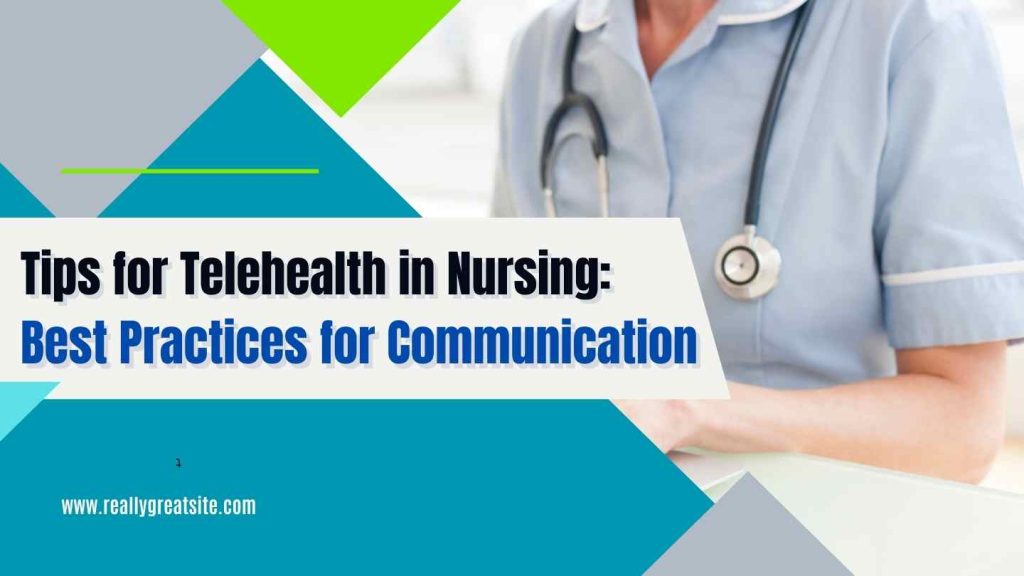- Oak Brook:(630) 705-9999
- Chicago:(312) 920-8822
- Email:inquiry@vervecollege.edu
- Make a Payment
- Home
- Programs
- Admission
- Resources
- ATI Entrance Exam Resources
- New E-Digital Library
- Refer a Friend
- School Newsletter
- Events
- Employers
- Job-Network
- Alpha Beta Kappa Candidates
- Verve College Library
- Graduation and Pinning Ceremony Photo Galleries
- Textbook Information
- Career Services
- Tutoring
- School Catalog
- FAQ
- Constitution Day Program
- Alumni
- Verve College Plans
- Financial Aid
- HEERF Reporting
- Satisfactory Academic Progress
- Apply For Financial Aid
- Net Price Calculator
- Return of Title IV Funds (R2T4)
- Financial Aid Office Code of Conduct
- Contact
- FAQs
- Verification Policy
- Vaccination Policy
- Student Right-to-Know Act
- Misrepresentation
- Information Security Program
- Academic Award Year
- Availability of Employee
- Cost of Attendance
- Health & Safety Exemption Requirement
- Students Rights and Responsibilities
- Leave of Absence
- Pell Formula
- Military Students
- Grants/ Scholarship Policy
- Contact Us
- Testimonials
- Blog
Is a Nursing Career Right For You?
Take The Free Quiz
Tips for Telehealth in Nursing: Best Practices for Communication
Tips for Telehealth in Nursing: Best Practices for Communication
Telehealth has grown tremendously since the COVID-19 epidemic. It is now a convenient and permanent way to provide medical care for patients. Individuals who made use of telehealth want to continue using it. However, hybrid practical nursing programs (online LPN programs) involve online learning for nursing students at various locations in the United States to gain a scope of practice, nursing practices & clinical skills in the nursing profession.
Telehealth Communication Best Practices By Telehealth Nursing Tips
Practical nurses can use telehealth best clinical practice guidelines to ensure excellent telehealth evidence-based practices. Below are particular standards that can be used for telehealth sessions, from preparing for the session in a variety of health care.
Get Ready for a Telehealth Visit
Nurses preparing for telehealth can increase the likelihood of a successful virtual visit. Prospective students can also choose a (diploma program) LPN programs for education courses at Verve College (community college & nursing school)) to pursue a successful career in nursing. Practical nurses can get ready for appointments via telehealth with a comprehensive list and key components:
- Assuring that they are familiar with the telehealth equipment.
- Checking that telehealth technology and equipment are working.
- Reviewing the patients’ history.
- Ensure that the location of your client is private.
- Distractions should be minimized in a nursing career.
Related:- Coordinated Care Definition & Why It is important?
How to Greet Patients Properly?
The session should start with a proper greeting. Here are some suggestions on how to greet telehealth patients who give nursing care to patients in health care settings.
- Nurses should explain their roles to new patients and introduce themselves.
- Nurses in telemedicine can begin to build a relationship with patients by conversing or talking casually for a few moments.
- To get your telehealth session off to a great start, double-check that the patient’s speakers and webcams work and are stable.
Introduce Telehealth to Patients
Healthcare professionals should introduce patients to telehealth, as many may be experiencing it for the first. Nurses can introduce patients to telehealth by doing things like:
- Explaining the specific features of telehealth
- Informing patients of the telehealth services they can access, such as health monitoring technologies in clinical settings.
- Patients are instructed on how to use telehealth tools.
- patients can be provided with “cheat sheets” that offer instructions on using different telehealth instruments.
Take the Initiative to Establish Relationships
Telehealth nurses can better serve patients in clinical sites by actively attempting to establish relationships. Building rapport includes the following strategies:
- To reduce patient anxiety about telehealth, it is important to establish a process for disconnecting patients at the beginning in nursing homes. Patients should be informed about what to do in case they become disconnected.
- Constantly looking at the camera and making eye contact with the sick persons.
- Introduce patients to other healthcare providers present in a variety of settings.
- Asking open-ended, empathetic questions and verbal affirmations to patients as they speak can help them provide more information
Develop Cultural Competence
To achieve success in healthcare, respecting patients’ ethnicities and identities is important. The following recommendations are included for practicing cultural competency :
- Avoid developing judgments regarding the patients.
- Refusing to make judgments about patients.
- Strive to use concise language taught in school diploma programs, especially with patients whose primary language is not English.
- Be aware of the cultural differences when using facial expressions and gestures.
Utilize Visual Assistance
Visual aids can help patients understand their condition during telehealth sessions. Visual aids for telehealth include:
- Pain scales from 1 to 10.
- Visual aids that show the anatomy of an area where surgery is to be performed
- Patients can contrast symptoms with symptom photographs, such as a rash.
Express Empathy
Nurses must empathize with their patients to ensure that telehealth sessions go well. Some recommendations for expressing empathy are:
- Use a soft tone and speak slowly.
- Give patients time to react and respond to information.
- Identifying circumstances can be difficult.
- Recognizing what is happening rather than offering immediate solutions.
- Name patients’ emotions by asking them how they feel or expressing to the patient that they may be worried or upset.
Body Language: Utilize Strong Body Language
Body language is a powerful tool that nurses can use to communicate and basic nursing skills can also be acquired through clinical rotations by the practical nursing program near me (hybrid programs). Helpful body language is displayed during telehealth sessions in healthcare settings & long-term care facilities.
- Avoid reclining and maintain good posture in a chair.
- Being aware of your facial expressions and avoiding expressions that may appear confused or could be interpreted as scolding.
- Keep your hands still, and don’t fidget.
- Smile when it is appropriate.
 Sign up
Sign up Login
Login




